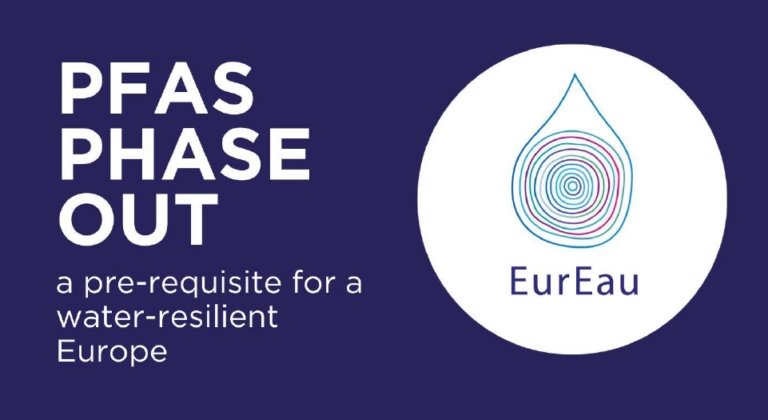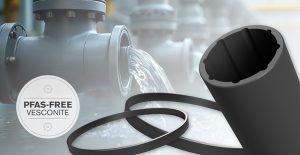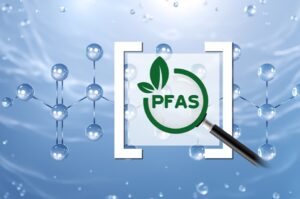EurEau Urges EU Leaders to Act on Forever Chemicals to Safeguard Europe’s Water Quality

EurEau released a new paper that highlights the impact of continued PFAS use on water resources and the financial cost of removing them from the water cycle. (Image source: EurEau)
This is ultimately passed on to consumers in the form of higher water bills, unless the polluter pays principle is implemented.
EurEau, representing water service providers across Europe, advocates that a full PFAS ban is essential to prevent further contamination and ensure the availability of safe, affordable water for all.
EurEau President Pär Dalhielm stated: "Our water service providers work tirelessly to deliver clean, safe, and affordable water to everyone. A universal ban on PFAS will not only help safeguard health but will also drive innovation and economic growth by encouraging the development of safer alternatives. The cost of inaction is far too high, especially if human health is at stake.”
PFAS chemicals are pervasive across air, soil, and water and can be found in everyday products, including food packaging, textiles, and non-stick cookware. A ban will mitigate further contamination, although existing PFAS will continue to linger, affecting public and environmental health for years.
The publication of the report from the Le Monde consortium coincides with a paper – "PFAS: a pre-requisite for a water resilient Europe" - from EurEau, highlighting the impact of continued PFAS use on water resources and the financial cost of removing them from the water cycle.
Despite strong evidence of PFAS dangers, European Commission President Ursula von der Leyen recently suggested focusing on “clarity” regarding PFAS, rather than committing to a total ban on non-essential uses. EurEau stresses that a complete restriction is essential. Water treatment facilities, while capable of removing PFAS, require expensive, resource- and energy-intensive processes. The situation on the wastewater side is even more challenging.
It is estimated that more than 80% of the human uptake of PFAS is through food, while uptake through drinking water is a small but non-negligible route.
Source: EurEau







